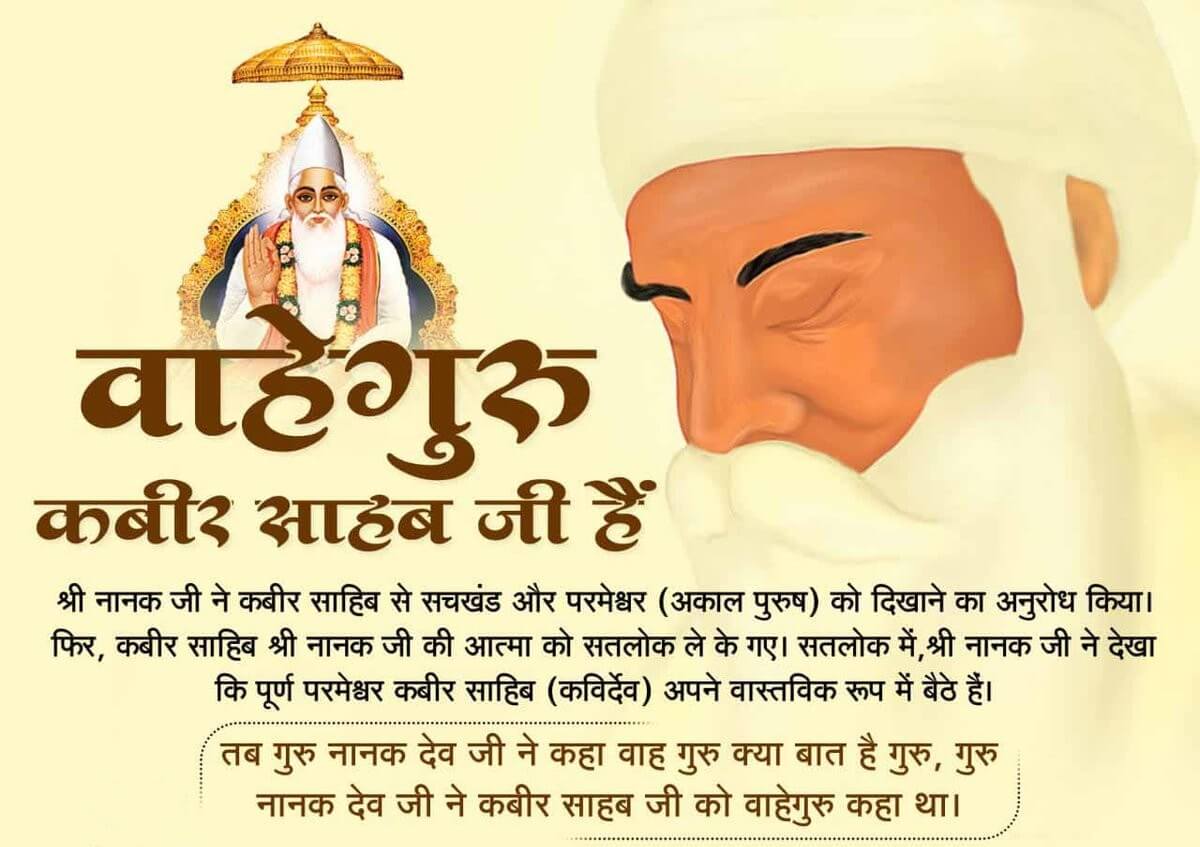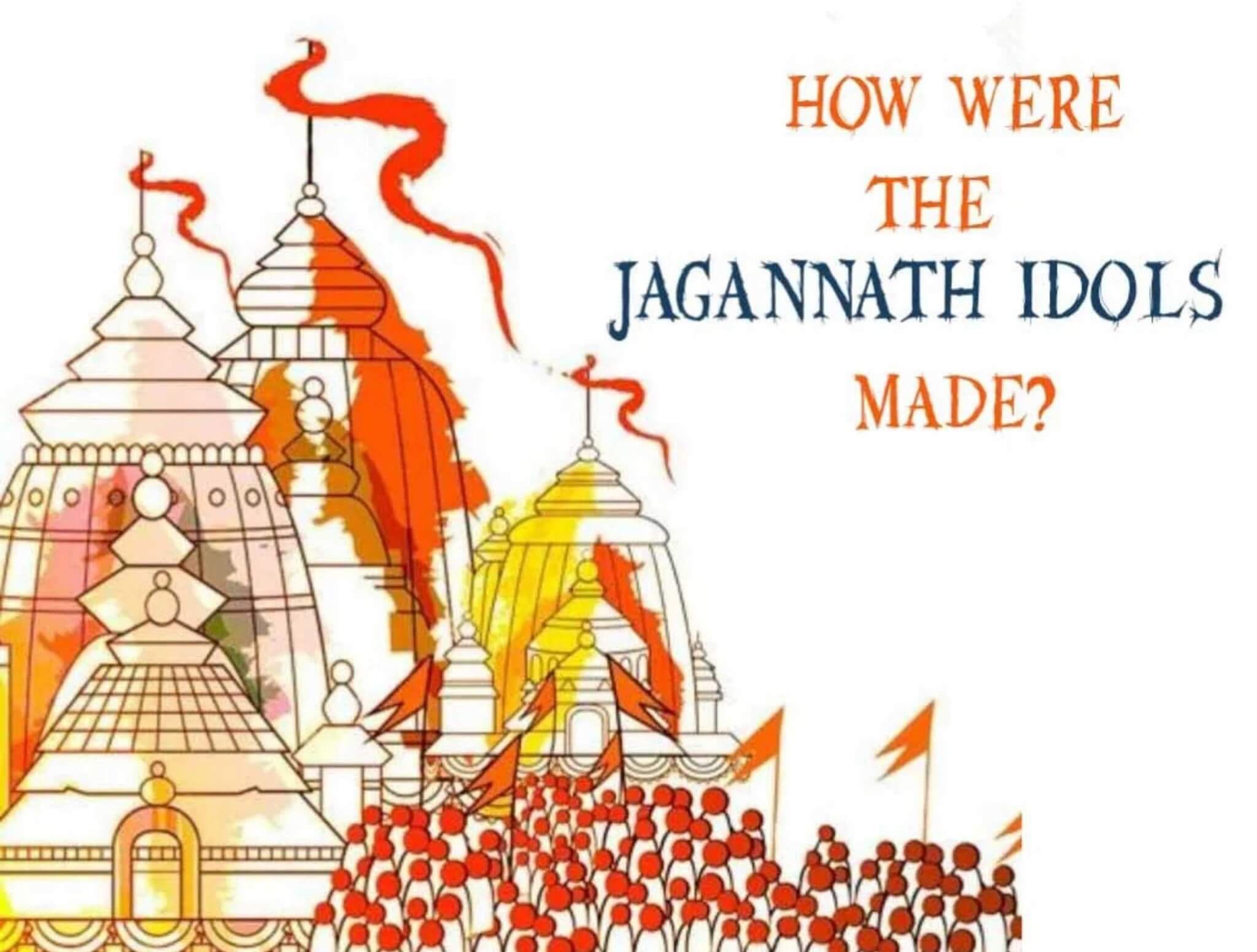Saint Kabir had a profound influence on Hinduism, Sikhism, and Sufism, shaping their spiritual and philosophical frameworks with his universal teachings. Here’s how he impacted each tradition:
Hinduism
- Critique of Rituals: Kabir challenged the ritualistic practices and caste hierarchy prevalent in Hindu society, emphasizing devotion (bhakti) and the equality of all souls.
- Bhakti Movement: He became a central figure in the Bhakti movement, inspiring countless followers to pursue a personal connection with the divine, transcending caste and formal religious practices.
- Universal Teachings: Kabir’s dohas (couplets) and poetry deeply influenced Hindu thought, focusing on primary aim of human life of attaining liberation via a Complete Guru (Satguru), simplicity, and love for God.
Sikhism
- Inclusion in Guru Granth Sahib: Many of Kabir’s verses were incorporated into the Sikh holy scripture by Guru Arjan Dev, the fifth Sikh Guru.
- Advocacy for Unity: His emphasis on the oneness of God and rejection of religious orthodoxy resonated with Sikh teachings, aligning with the Sikh principles of equality, humility, and devotion.
- Spiritual Legacy: Kabir’s focus on true devotion and liberation influenced the Sikh Gurus’ teachings and practices.
Guru Nanak Dev Ji, the founder of Sikhism, is said to have had a significant encounter with Saint Kabir according to various texts, including Janam Sakhi Bhai Bale Wali and Pran Sangli. These texts recount that Saint Kabir met Guru Nanak Dev Ji on the banks of the river Bein in Sultanpur Lodhi and took him to Sachkhand, the eternal realm, for three days. In Sachkhand, Guru Nanak Dev Ji witnessed Saint Kabir as the Supreme God seated on a throne. Saint Kabir revealed that he was performing a divine act by living as a humble weaver in Varanasi. Upon returning to earth, Guru Nanak Dev Ji traveled to Varanasi, where he recognized and praised the glory of the Supreme God Kabir, acting as a weaver. Guru Nanak Dev Ji's eulogy of Kabir's divinity is recorded in the Guru Granth Sahib, specifically in Rag Siri Mehla 1 on page 24 and Rag Tilang Mehla 1 on page 721. This account was also narrated by Guru Nanak Dev Ji to his disciples Bala and Mardana, as documented in the Janam Sakhi Bhai Bale Wali.
Sufism
- Emphasis on Divine Love: Kabir’s poetry echoed the themes of divine love and unity central to Sufi philosophy, emphasizing the dissolution of the self to experience God.
- Critique of Orthodoxy: Like many Sufi saints, Kabir criticized rigid religious formalities and focused on internal spirituality and connection with the Supreme Lord via the means of a waqt Guru (a living Complete Saint).
- Influence Across Boundaries: Kabir bridged Hindu and Muslim traditions, blending Bhakti and Sufi ideas, thus fostering interfaith harmony and mutual respect.
Cross-Traditional Impact
Kabir’s teachings transcended religious boundaries, advocating for universal truths. His message of love, equality, and devotion created a legacy that continues to inspire spiritual seekers across Hinduism, Sikhism, and Sufism.



